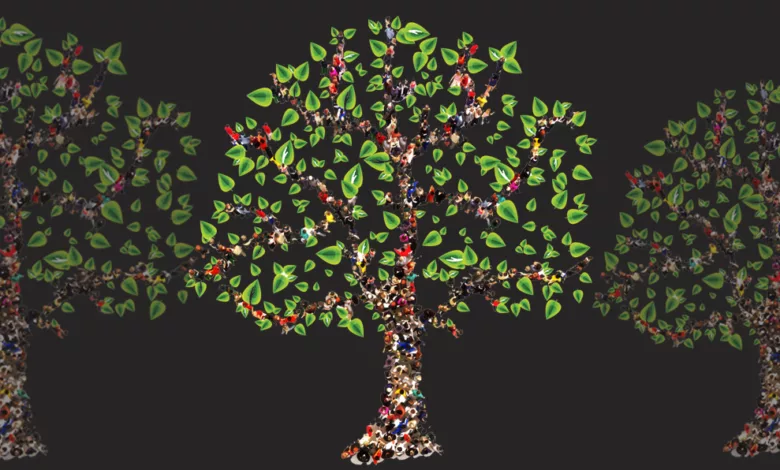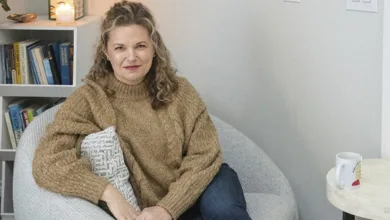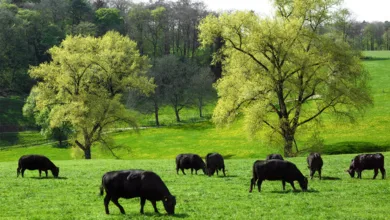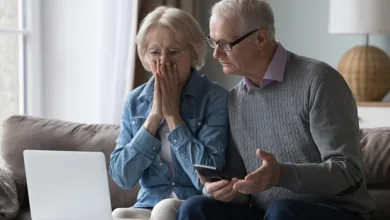The Threads of Our Life

As a student of history, I marvel at the paths that lead from “back then” to “now.” What choices did they make that led to me? Surely there were historical influences, not to mention genetics and random actions.
One of my great-great grandmothers, for example, grew up in Vermont and married a man from Maryland.
Who introduced them, and where? Another young man in my family tree left home by jumping on a river boat, never to be heard from again. What happened to him? Why did my distant ancestors emigrate from their home countries, and what sort of culture did they bring with them?
Researching all this and weaving the random threads together is enlightening. Much of it is buried with ancestors’ memories. The best we can do is to surmise: Research the known family facts, then look at the context and reverse engineer a probable scenario.
Archeological digs throughout Europe prove peoples were moving about and trading long before we once believed they were. Diggers have found precious metals in England that came from eastern Europe, and wool in Germany that came from England.
Well before the Vikings, Mediterranean seaports were active for thousands of years, spreading interior-continental trade route goods far and wide. This is how language and the numerical systems originally spread. Ever wonder how Ireland became synonymous with red hair? Take a close look at Viking settlements in Ireland. Similarly, stories and legends spread, likely based on actual events: The story of the flood, for example, appears in many different accounts besides the Old Testament.
I believe all people carry their culture and history inside them and that these influence their actions throughout life. We all have “voices in our heads” — euphemisms, attitudes, habits we learned from our parents or surroundings — that we assimilate and parrot from infancy.
Furthermore, our bodies are genetic jigsaw puzzles comprised of random combinations. My body, for example, is no Vitruvian Man, and I don’t look like either of my brothers. If all genetic inheritance were equal, how can there be three children from the same parents that result in such variety? The only possible conclusion is genetics and up-bringing create tendencies, but not certainties.
What we do with what we are given is on us. There is nothing to be gained by blaming ancestors for either our genetic code or our current problems, no more than we can applaud them for what is positive. We must assume responsibility for our “present tense.” Life is, after all, not a dress rehearsal. What we do impacts not only our lives, but those whose lives we touch, good and bad.
More importantly, we are creating the future tense. What we do matters in “modeling” for the next generation, creating opportunities for change for those coming after us. We are challenged to accomplish this with what we inherit and make of it.
If all this sounds a bit philosophical, I suppose it is. It is impossible to read historical accounts and not feel the ripple effects in our present. History does not exactly repeat itself, but it does move in waves that echo in the present. Take me back in time so the “now” makes sense and the future becomes clearer.





